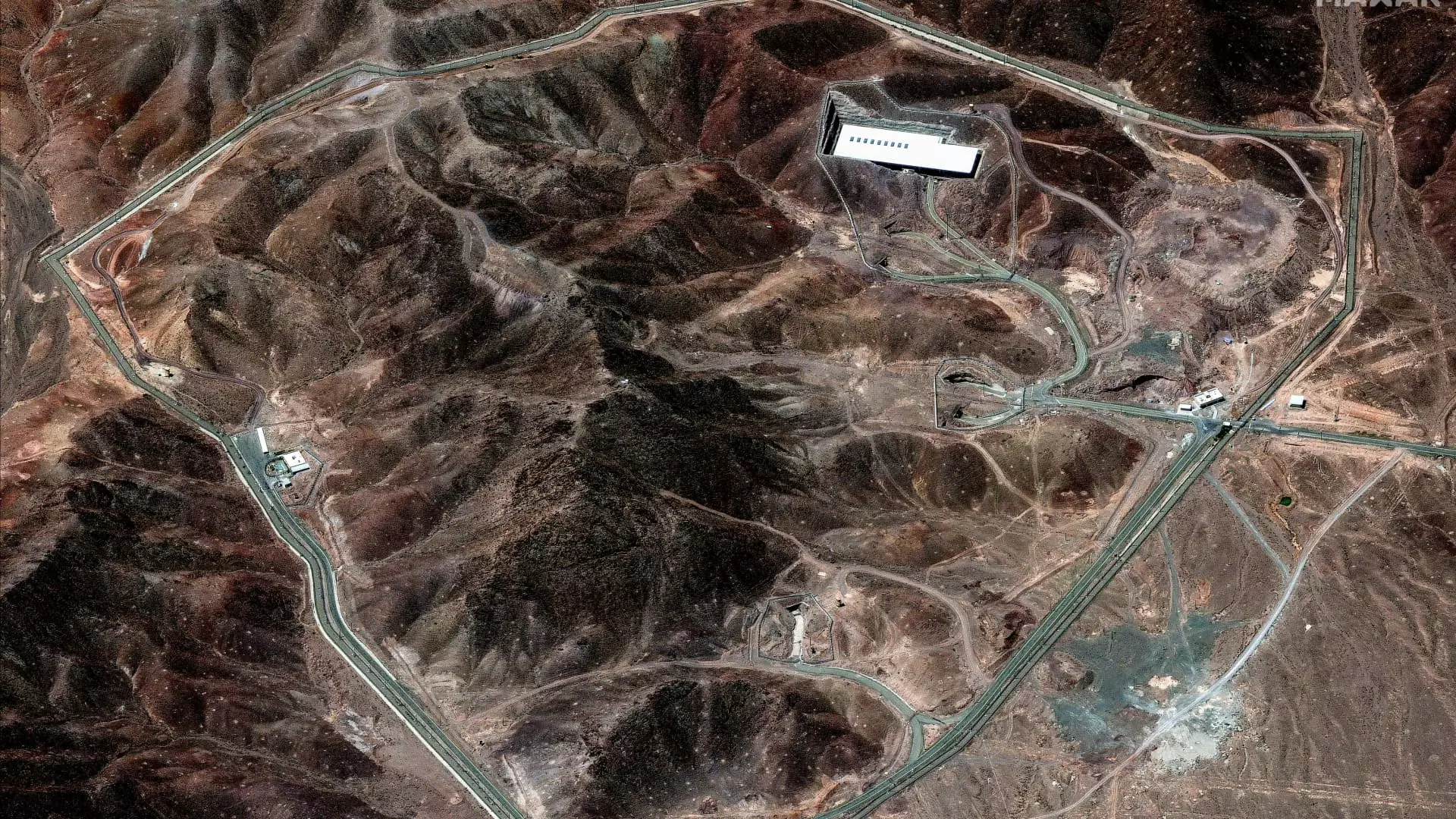In the wake of the recent airstrikes on Iranian nuclear sites, it’s crucial to assess the rhetoric from U.S. officials, particularly the claim of “obliteration” by former President Donald Trump. This term, laden with bravado, paints a grim picture of absolute destruction that is not entirely warranted. The notion of obliteration implies that all capability to threaten has been eradicated, yet the complex reality surrounding military operations tells a different story. The initial reports indicate substantial damage, notably at the Fordo, Natanz, and Isfahan facilities, but does severe destruction equate to total incapacitation? The ambiguity in damage estimates from military leaders raises significant questions about the credibility of such dramatic claims.
Walking the Fine Line of Military Assessment
To understand the true impact of the strikes, we must delve deeper into the military terminology that often cloaks these operations in a shroud of obfuscation. Terms like Battle Damage Assessment (BDA) are often thrown around with casual ease, yet they encompass a highly nuanced and cautious methodology to ascertain the effectiveness of military action. U.S. military leaders, including General Dan Caine, assert that while initial assessments indicate severe damage, the eventual implications regarding Iran’s nuclear capabilities remain cloudy. This hesitance to declare a clear outcome reflects a broader pattern in warfare where posturing is often more influential than reality. It begs the question: how many more discrepancies exist between narratives of victory and the actual situation on the ground?
Echoes of Political Maneuvering
The response to these strikes, both at home and abroad, showcases the political theater that often accompanies military engagement. Secretary of Defense Pete Hegseth emphasized that all precision munitions struck their intended targets, proclaiming success in terms that resonate with nationalistic pride. However, such declarations are laden with an agenda. With shifting global perspectives on nuclear proliferation, the U.S. finds itself at a crossroad where every military action is subjected to scrutiny—not only from adversaries but also from allies and domestic audiences. The political implications are immense: robust war rhetoric galvanizes support among certain voter bases, while raising the ire of those wary of further military entanglements in the Middle East.
The Shadow of Uncertainty
Adding another layer of complexity, we see international actors, such as the United Nations nuclear watchdog, adopting a more tempered approach. The cautious commentary from Rafael Grossi indicates that even the agency tasked with monitoring Iran’s nuclear capabilities finds itself in the dark regarding the extent of the damage inflicted. Coupled with reports that Iran may have relocated elements of its highly enriched uranium before the strikes, we’re left grappling with uncertainties that could easily undermine the purported accomplishments of the mission, dubbed Operation Midnight Hammer. The specter of unpredictable Iranian responses looms large, potentially leading to a continuation of hostilities that the world is not prepared to face.
One Reality Checks Another
As we dissect the aftermath of these military operations, it’s crucial to remain vigilant to the narratives that governments propagate. The romantic notion of a decisive victory in warfare is often undermined by the messy realities of geopolitical conflict. The airstrikes against Iran’s nuclear facilities serve to remind us that military action, while it can symbolically assert power, rarely brings about clear-cut solutions to intricate problems. The perceived success of such interventions may instigate further complications rather than resolve longstanding tensions. In a world where diplomatic channels are being constantly tested, we must critically evaluate the implications of viewing military action as a straightforward answer to multifaceted geopolitical dilemmas.
Embracing the complexity inherent in these discussions reflects a center-wing liberal perspective, balancing the necessity of security with the pressing need for diplomacy. As we move forward, let us remember that obliteration may serve as a captivating headline, but the nuances of military operations often unfold narratives much less dramatic and far more complicated.

